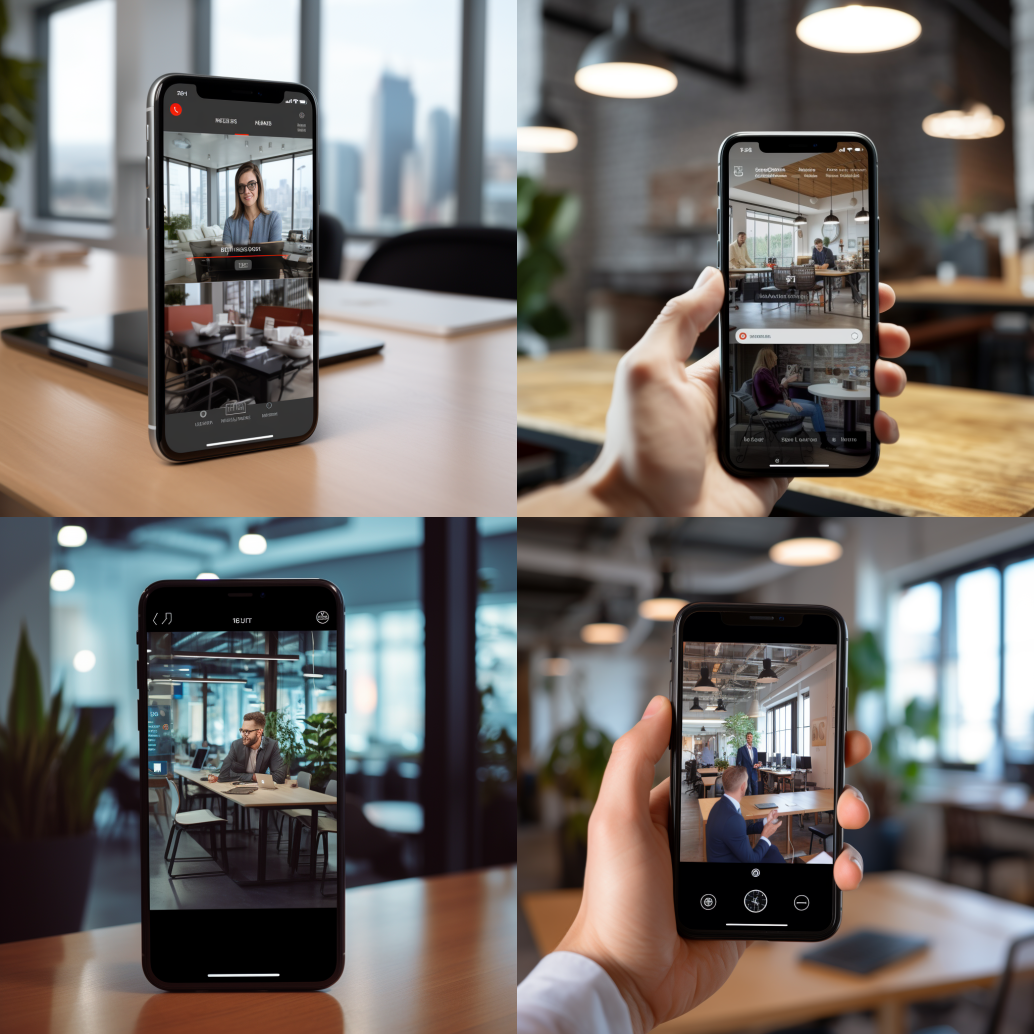
The workplace is changing pretty fast from the traditional operating design and staff constitution as the percentage of millennials grows. Unlike baby boomers before them, millennials have shorter concentration and attention spans. Instead of memorising numbers, formulas, and dates, they keep the addresses of where the required data is. With the outstanding differences, managers and employers often find it challenging to engage them at work.
While some management consider millennials as challenging to work with, you can change the trend in your company. This post provides expert lessons that you can borrow for better engagement in your company.
Important Attributes of Millennials that You Should Consider
- Millennials are very good at multitasking.
- They are very social and love staying in touch with colleagues and friends on instant messengers and social media.
- They are always looking for appreciation and positive feedback.
- They are lifelong learners who are always looking forward to developing their skills and acquiring new expertise.
Expert Lessons on How to Engage Millennials at Work
Check out these crucial tips from experts demonstrating the best ways to engage millennials at work.
- Start them Strong at Work
Studies have demonstrated that millennials determine whether they will stay in your organisation in the first one week or a few first days. Therefore, you should offer the engagement at the start of the employment by sharing the mission and values of the organisation. If they feel that personal beliefs are aligned, a connection will sprout immediately. Even at this point, they will not hesitate to express their opinion, indicating how they would like to see the workplace grow.
According to Adrian Cheng, the New World Development’s CEO, the millennials are redefining the workplace and managers must craft new ways of engaging them.
He emphasises that they must adopt flexible organisational cultures that adjust to address the needs of millennials. Therefore, you should also follow the trend and implement the strategies we have listed above for stronger engagement with millennials.
- Support Creativity
Millennials rarely shy from indicating that they prefer a dynamic, interesting and creative work environment. Therefore, you should create structures to support creativity, and millennials will be more engaged. Particularly, you should keep multiple channels of communication open, especially through instant messaging and millennials will regularly make suggestions for improvements to different aspects of work.
Supporting innovation also allows millennials to adopt alternative methods of getting the job done. If you have a marketing campaign and the preferred channels are only through the company’s social media channels, try to open the pathway. Millennial will use their social media accounts, reach out to friends, and network with others so that the targeted sales level is surpassed or achieved in no time.
Do not make them feel caged in their way of doing things.
- Invest in Coaching and HR Development
While the employees you bring on board have specific qualifications, they consider that as the starting point. For them, learning does not stop and every opportunity to improve their skills is welcome. Therefore, you should make every minute in your workplace an important part of driving this progress. Particularly, you should adopt coaching and link it to the anticipated success in their careers.
- Be Authentic
One of the things that can easily make a millennial walk away and only notify you that he or she has quit a job through an email in the morning is being inauthentic.
This demographic greatly values trustworthiness. Because they prefer online and tech-based engagement, honesty has become a crucial ingredient for their operations. So, outline the strategies, targets, products, services, and expectations when designing jobs.
When they fail to achieve the targets, millennials will be quick to try a different approach until the results are achieved. Therefore, missing a target should form the basis for identifying areas that need changes. However, you will be surprised to realise that most of the targets will be achieved within the stipulated timelines.


